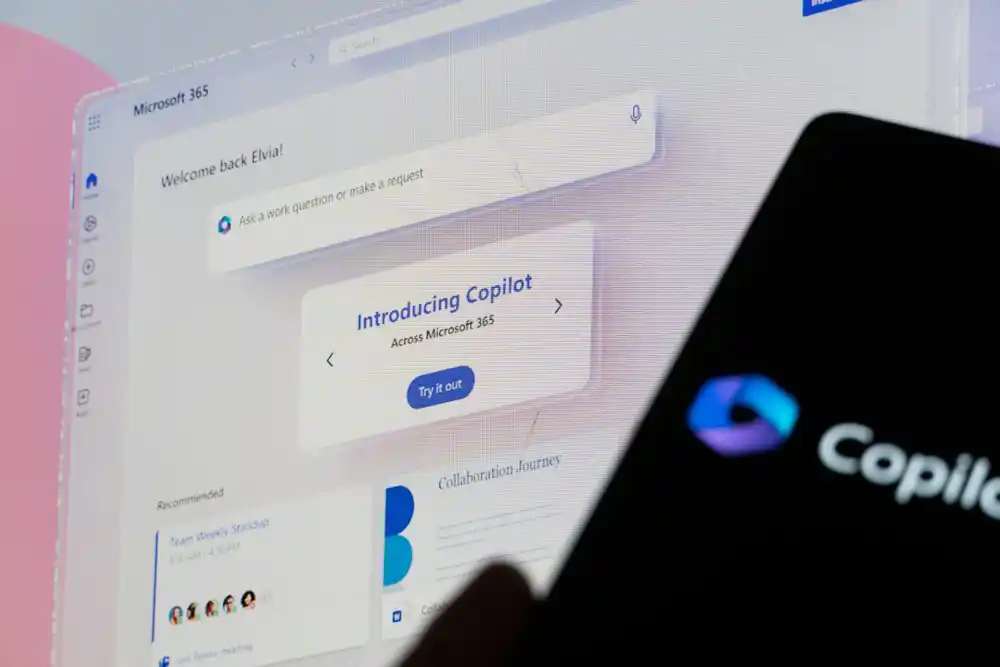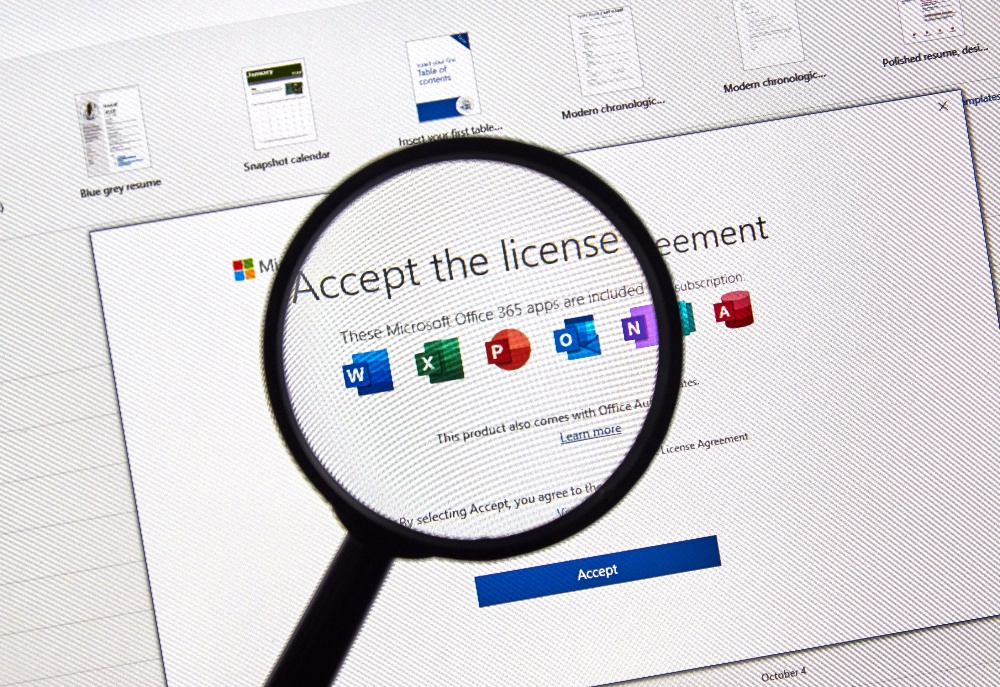What's New with Microsoft? A Deep Dive into Recent Product Updates
2024 has been full of excitement already and one of the factors is that Microsoft made many major announcements! We already covered the release of ...
3 min read
Dave Rowe May 26, 2021 4:02:07 PM

When it comes to choosing an external IT provider, you want to find a competent partner who aligns with your business technology needs — and one who can deliver a positive ROI on your IT and cloud computing spend.
But anyone can claim competency. Working with a Microsoft Partner is one way to ensure you can access proven expertise on specific Microsoft tools, as well as a consistently positive customer service experience.
Of course, not all Microsoft Partners are created equally. Gold Certified Partners, for instance, have proven technical expertise in specific technologies. Even partners at the Silver level have to meet strict standards. Understanding more about the Microsoft Certified Partner program can help you make the best choice when sourcing partners for your Microsoft ecosystem needs.
Microsoft is widely recognized for its business technologies, but it can’t possibly provide tailored solutions or support services to every customer that uses its programs.
That’s why it created the Microsoft Partner Network (MPN). The MPN provides a pool of rigorously trained, routinely tested, and licensed experts on specific Microsoft products and services that can be hired to provide support on behalf of Microsoft.
Within the MPN, there are three Partner levels: Member, Silver, and Gold. While any single consultant or agency can register to become a Member, achieving Silver or Gold Partner status level requires additional testing and earning specific qualifications.
Currently, Microsoft certifications cover a wide range of business technologies, from development and solution architecture to artificial intelligence and DevOps engineering. Generally speaking, these technologies fall under four different technology and business areas:
This category includes several IT services and products related to data analytics and platforms. Engaging a Microsoft Partner with expertise in these areas can help your team to stop guessing and start deriving actionable insights from the raw data your business generates daily.
Specific competency areas include:
Do you want to migrate to the cloud to take advantage of cloud productivity or scalability? A Microsoft Partner can help you migrate, develop, and integrate applications in the cloud, in addition to supporting your DevOps and datacenter requirements.
Specific competency areas include:
This category primarily covers the programs and platforms used by enterprise organizations. Specific competency areas include:
Finally, specific competency areas that fall under this category include:
Interest in these competency areas is growing — which is unsurprising, given the threat data breaches pose to both SMBs and enterprises. In fact, McAfee reported that 49% of surveyed companies were afraid to migrate to the cloud out of a fear that they wouldn’t be able to keep their cloud environments safe.
In some cases, respondents reported delaying cloud migrations because they doubted they’d be able to prevent data leaks during data transfer — or maintain robust firewalls when the migration was done. Others were concerned about providing remote teams with seamless and secure connectivity to main office resources during the social distancing era.
Working with a Microsoft Certified Professional can help mitigate these risks so that you can enjoy the benefits of cloud computing while minimizing the risk of negative security consequences.
When it comes to achieving a Gold Certification, Microsoft requires that Partners:
In some cases, Microsoft Gold Partners choose to advance their competencies by achieving advanced specializations. A few common advanced specializations Partners choose to pursue include:
There are plenty of great reasons to work with a Gold Certified Partner — some of which you can probably guess from Microsoft’s qualification standards.
Essentially, when you work with a Gold Partner, you can be confident that you’re working with a proven expert in your chosen technology. Given the number of steps that must be taken and the number of checks that are in place, no company achieves Gold Partner status without substantial effort to meet Microsoft’s requirements and satisfy customer needs.
Beyond that, Gold Certified Partners also mitigate risk, as their past experience allows them to bring an experienced perspective to your projects and challenges. And because Gold Partners receive the latest news and training directly from Microsoft, you gain access to Microsoft’s knowledge base to improve your own service delivery.
That said, every Partner is unique — and there are factors you’ll want to consider beyond technical qualifications. Finding a consulting Partner that understands your industry and that’s a match personality-wise can be just as critical.
If you’re looking for a Microsoft Partner, we hope you’ll consider CloudServus. We’re a Microsoft Gold Partner in Cloud Productivity, Cloud Platform, and Small and Midmarket Cloud Solutions that’s experienced in identity, security, endpoint management, apps and infrastructure modernization, cloud platform services, and Microsoft licensing strategy.
At CloudServus, we’re here to help you get the most out of your Microsoft investments. Talk to us today to see the difference having a Microsoft Gold Partner on your side can make.

2024 has been full of excitement already and one of the factors is that Microsoft made many major announcements! We already covered the release of ...

The Copilot products just keep coming! Microsoft Copilot for Service and Copilot for Sales became generally available through the New Commerce...

There is some big news in the world of Microsoft licensing this month! In the summer of 2023, Microsoft modified the licensing for Microsoft 365,...